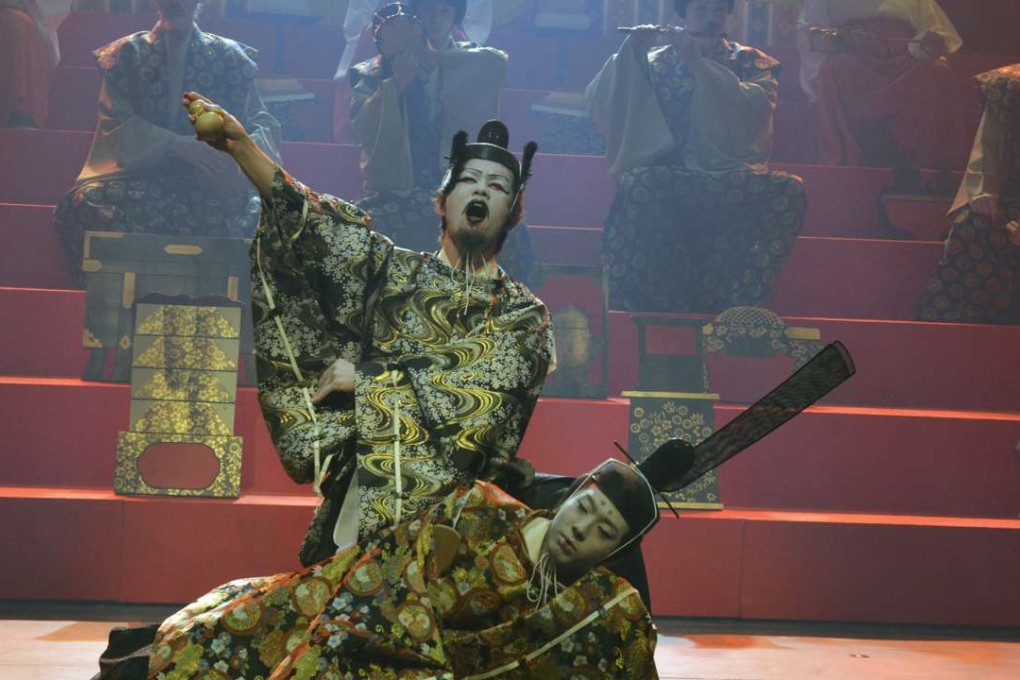Asian dramatists keep Shakespeare’s plays alive in infinite ways 400 years on
The Bard’s works thrives across Asia, performed in many languages, in traditional, kabuki and avant-garde stagings. What is it that makes them so universally appealing and so ripe for interpretation?

William Shakespeare may have died 400 years ago but many of his works – and characters – live on in the most unexpected ways in Asia.
Take Ong Keng Sen’s latest stage offering, for instance. The Singaporean theatre director, who also heads the Lion City’s annual international arts festival, is in Japan for rehearsals of Sandaime Richard, his fifth Shakespearean play.
Known for his unconventional approach to theatre, the stage veteran has based this new production on the 1990 script by Hideki Noda, a Japanese playwright who came up with a comic deconstruction of Richard III, one of Shakespeare’s most villainous literary creations.
The “king” here is not a disfigured and power-hungry murderer but someone called Richard Sandaime (“the third” in Japanese), a grand master in the cutthroat world of Japanese flower arrangement, which is a proxy for the War of the Roses.
Hong Kong to see Twelfth Night and A Midsummer Night’s Dream in Cantonese
Kazutaro Nakamura, a female impersonator in kabuki theatre, plays the title role, in contrast to most recent productions, such as Kevin Spacey’s highly acclaimed performance, which, Ong says, portray Richard as “brutish and all about male power”.